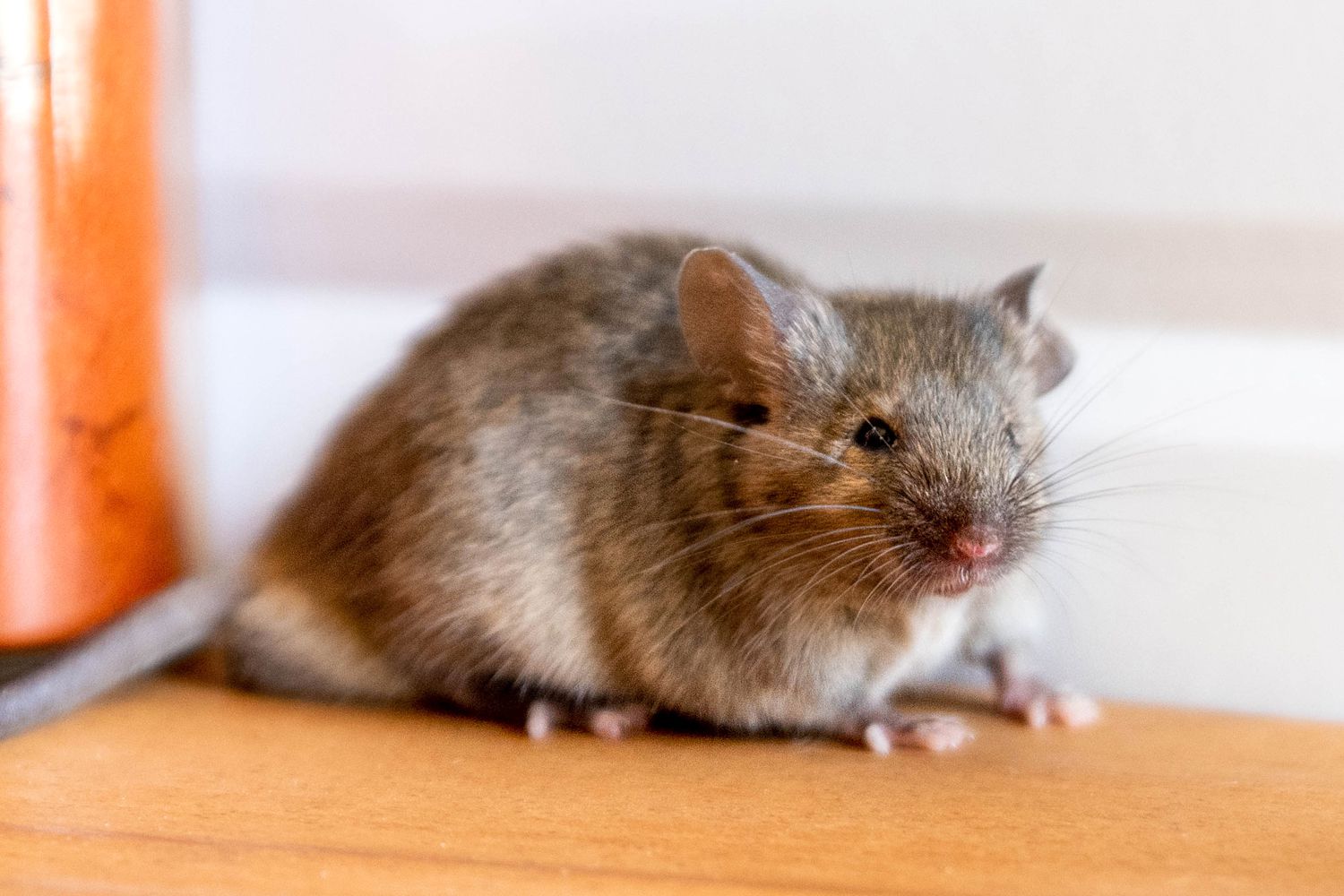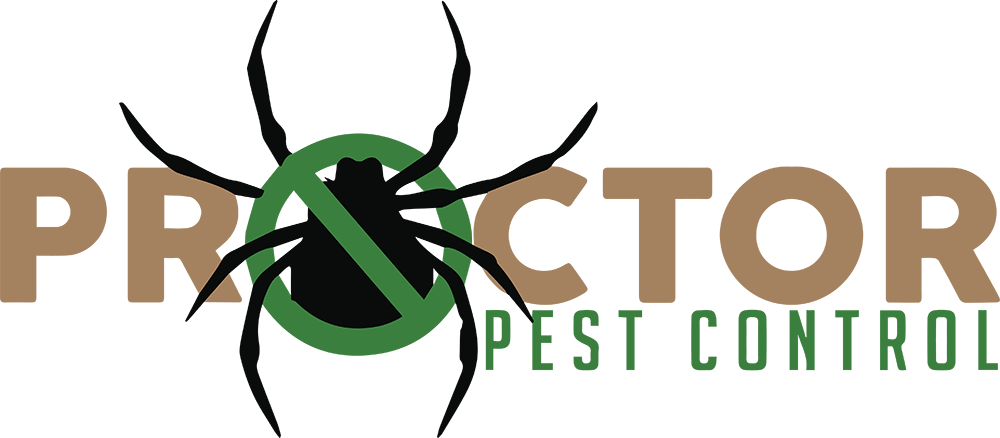
08 Feb What Do Mice Eat?
Mice are some of the most commonly encountered house pests throughout the world. They infest homes by entering through holes in walls, make nests out of whatever unused material they can find, and breed rapidly. A single female mouse can birth up to six babies every three weeks, so it doesn’t take much time for an infestation to grow out of control.
Mice also eat a wide variety of human food, so if you’re facing an infestation, you’ll likely find that your pantry is being raided by these intruders. This article will explain their eating habits as well as how to keep them from infesting your home.
What Do Mice Eat?
Cheese isn’t a mouse’s favorite food, although they will eat it and anything else that smells good. Since mice are omnivores, they prefer simple foods such as fruits, grains, nuts, and seeds. However, they will happily eat anything that they can find, including pet food or insects, and will frequently dig through trash cans for leftovers and food scraps.
Since mice carry pathogens and microbes that are harmful to humans, they can contaminate your food as they search for something to eat. Therefore, it’s important to keep an eye out for the common signs of a mouse infestation, such as:
- Food with bite marks
- Food container with signs of gnawing
- Electrical damage from chewed wires
- Small, rod-shaped feces
- Oily rub marks on walls
- Small footprints on the floor
How to Prevent Mice Infestation
Preventing a mouse infestation starts by identifying and eliminating any cracks or holes that mice could potentially enter through. Start by sealing any gaps beneath doors that are greater than a quarter-inch or holes in walls that are larger than a dime. Repair damaged window screens, clogged drains, or leaking pipes, and replace weatherstripping around the foundation of your home and windows.
You can close any openings you find outside your house with wire mesh, and steel wool and caulk can be used to seal any gaps found indoors. Furthermore, you can make your outdoor areas less inviting to mice by keeping outdoor cooking areas clean and free of food, moving compost bins at least 100 feet away from your home, keeping the grass around your home cut short, and moving animal feed and water bowls inside at night.
Cleaning your home regularly is another effective way to keep your home clear of mice. Make sure to store all loose foods, including pet food, in airtight containers. Vacuum often to ensure crumbs aren’t left on the floor, and empty household garbage cans frequently. Additionally, you should keep your home free of clutter; especially old newspapers or other paper that mice can use to build nests.
Getting Rid of Mice
Prevention techniques aren’t always enough to keep mice out of your home. If you think you may have an infestation, the safest and most effective option for your family is to contact a licensed professional like Proctor Pest Control for an inspection today.



